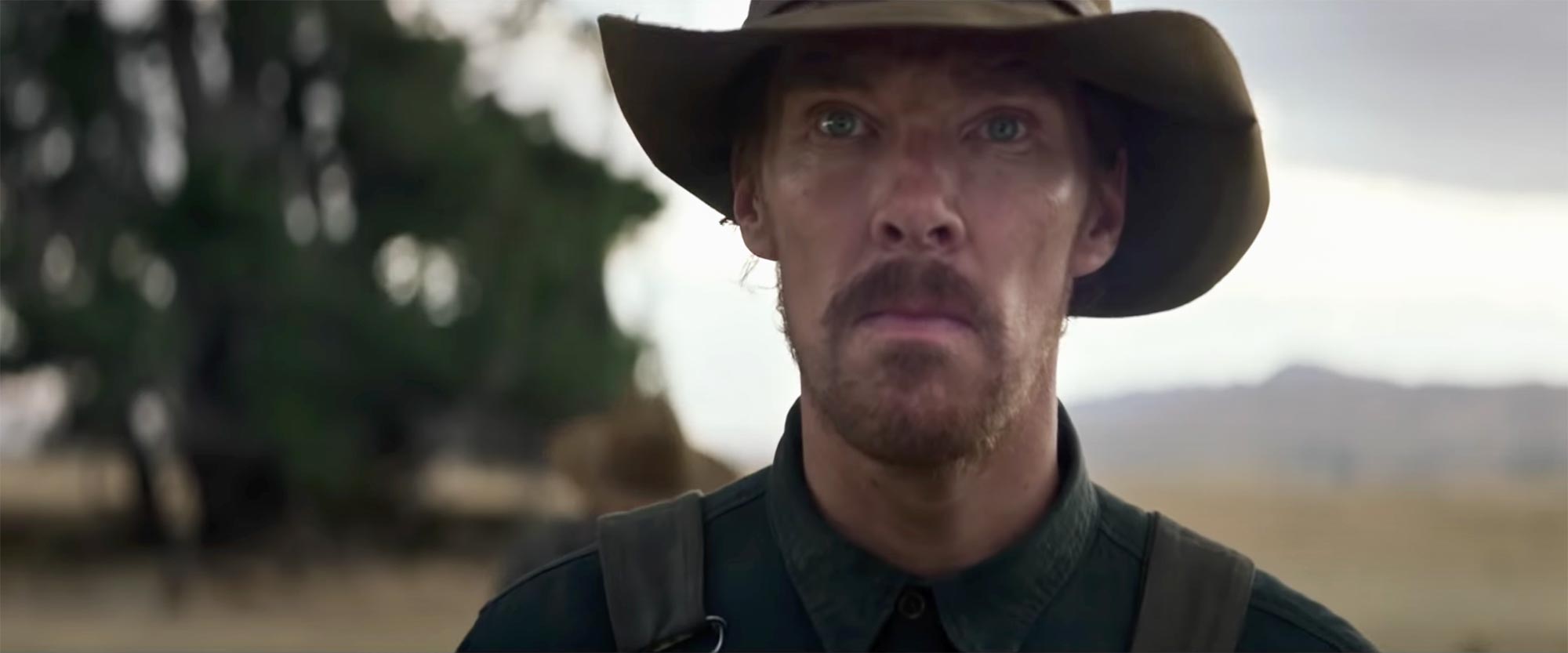
The smarter way to stay on top of the streaming and OTT industry. Sign up below.
You are now subscribed
Your newsletter sign-up was successful
There are several competing narratives around the TV industry now, none of which bode well for Netflix.

There’s the one that says that people are subscriptioned out and are, if anything, cutting back on the number of services they’re willing to pay for.
Also read: What $19 Billion Gets You: Netflix Previews Entire 2022 Film Slate
There’s the one that says that American-style subscription services are pretty much dead on arrival across much of the planet where there are billions of people who like watching TV but don’t have money to pay for any type of subscription TV service, let alone several.
There’s the one that says people are so overwhelmed by all the options out there that they’ve come to reconsider the joys of weekly release schedules and linear viewing and its corollary, that shows with all-at-once release schedules are doomed to quickly sink below the waves because there’s so much else on and it’s so much easier to create buzz when everyone is on the same episode.
And then there’s the one that says so much of what’s on Netflix these days is crap, and the only things worth watching are the movies.
Bingo.
The smarter way to stay on top of the streaming and OTT industry. Sign up below.
Movies actually solve so many of Netflix’s problems.
To begin with, Netflix has been focusing its attention on films that would, back in the 90s, have been called “art house films,” the type that attracted a certain type of educated urban audience to art house theaters, but rarely made it to the suburban multiplex.
I’m referring to films like Jane Campion’s The Power of the Dog, which has been nominated in numerous Academy Award categories this year, including Best Picture, Best Actor, Best Supporting Actor, Best Supporting Actress, Best Director and a host more — 12 categories in total.
That’s a huge reason for many people to subscribe to Netflix, both those who would have happily stood in line at a theater like New York’s Angelika back in the day, and those who might not have seen it in theaters, but will happily check it out now that it’s received so many nominations.
But there’s an even bigger advantage for Netflix and that’s time, or, more accurately the lack thereof.
You see it only takes about two and a half hours to watch The Power of the Dog. That’s not a huge time commitment, and while it may pain movie purists to read this, it can even be viewed over the course of two or three short sittings.
That’s a much easier commitment to make than the 12 hours it takes to watch most streaming series, especially those where all episodes are released at once and no one is creating a weekly schedule for you to pace yourself.
Granted, there are some instances where viewers may relish spending those 12 hours, especially for series that they’ve already watched and loved.
But for a brand new series, those 12 hours can seem daunting. Yes, no one is forcing you to watch all 12 hours if you don’t like it, but psychologically there seems to be more pressure to do so than with a weekly release show where you can just pretend to have forgotten about its existence or find something else to watch in the days until the next episode shows up.
This is not to say that Netflix should give up on original series or even on reruns of popular library series.
Rather, they should also double down on promoting and expanding their movie library, both originals and library movies, and make that a selling point. Ditto shorter series like 2020’s Unorthodox (just four easy hours.)
The good news (for Netflix) is that they already buy a lot of art house type movies, films with lower budgets and profiles than The Power of the Dog. The slam is that while it’s great for the filmmakers that someone bought their film, Netflix does very little in the way of promotion and the movies often sink below the waves before anyone beyond friends and family ever sees them.
With a little shift in emphasis, Netflix, which originally got its start as a purveyor of movie DVDs, could become known as home for a certain type of movie (the kind that wins awards) which, in addition to cementing its reputation for quality, would help to differentiate it from its peers, all of whom tend to gravitate towards the “HBO-like” genre. (Granted, Netflix has made a conscious effort to introduce slightly more mainstream fare like Bridgerton or even Fuller House, but the default is still the very HBO-like Queen's Gambit.)
But more than that, by playing up its commitment to movies, it will play into the strength of its marketing team, which is really good at getting out the word about all-at-once shows that are only in the buzz cycle for a short period.
Mostly though, it will give people something they can watch in one or two sittings rather than a dozen, for which they will be eternally grateful.
And if some of those movies spawned sequels or even entire 12-episode series, well, that wouldn’t suck either.
Alan Wolk is the co-founder and lead analyst for media consultancy TV[R]EV
